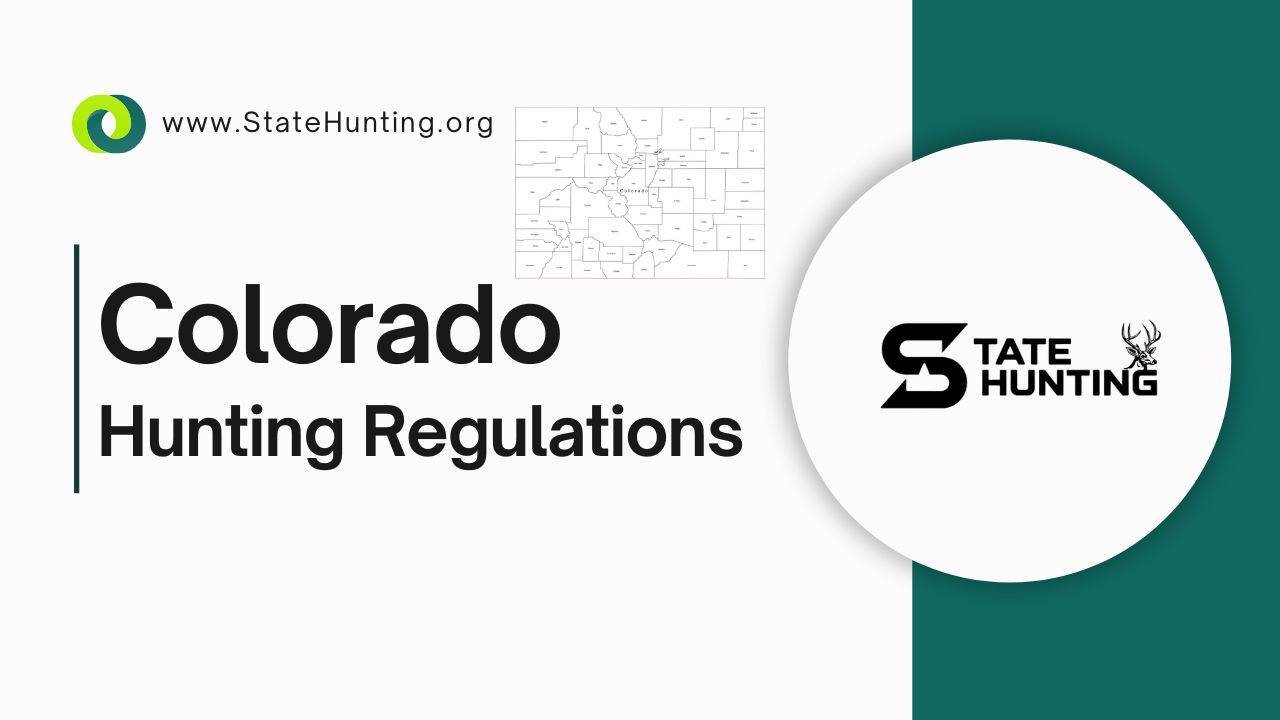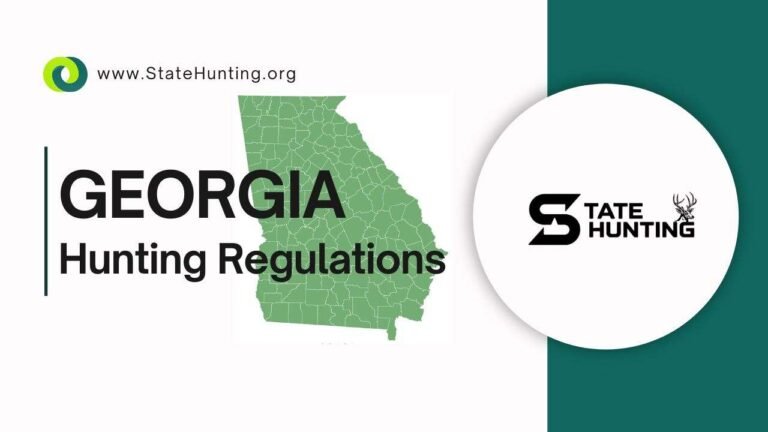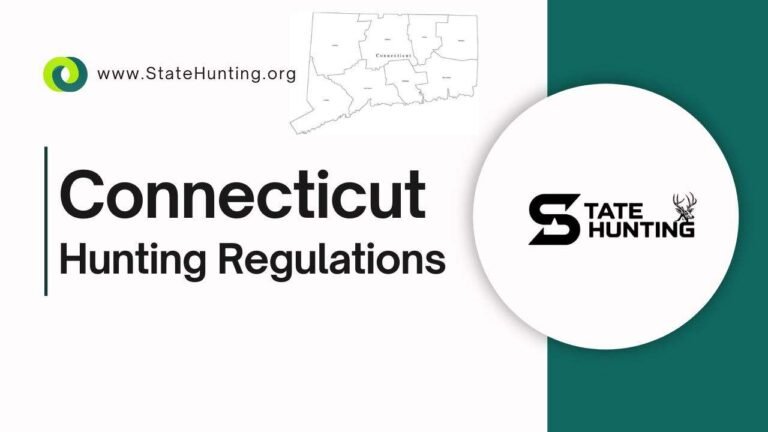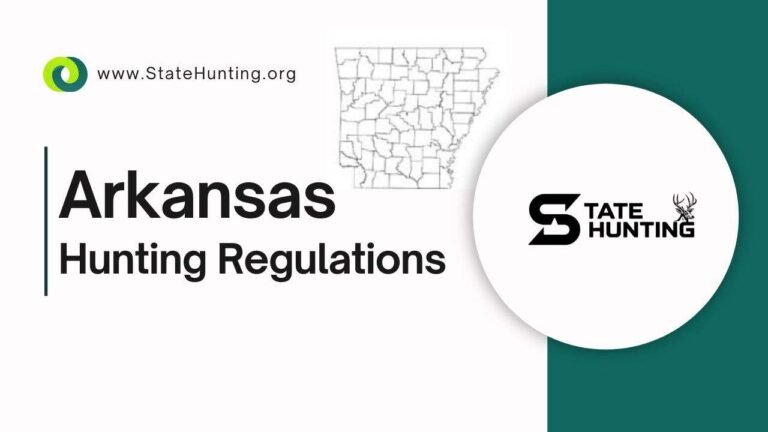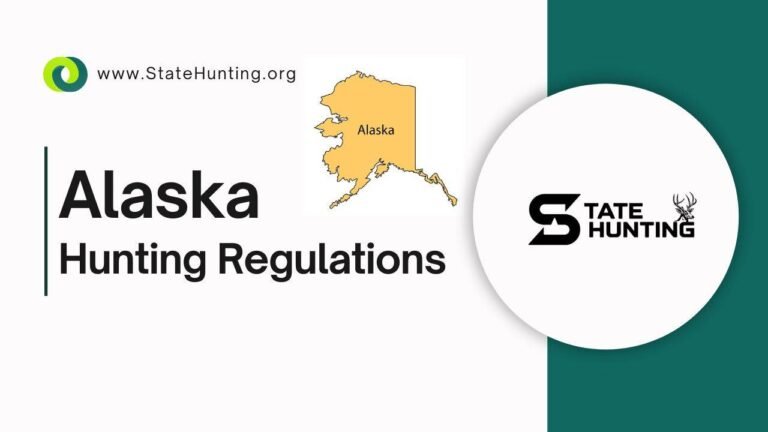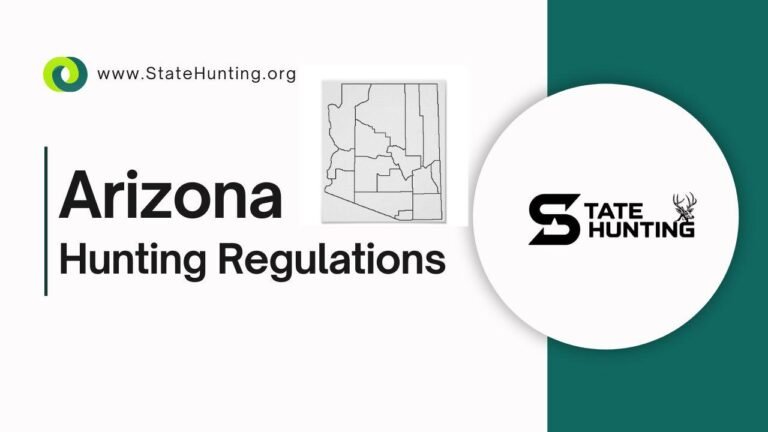Hunting Regulations in Colorado (2025) – Tags, Weapons, Zones & Rules
Getting ready to hunt in the beautiful Rocky Mountain State? Colorado offers some of the nation’s best opportunities for pursuing elk, mule deer, black bear, and many other game species. But before you head to the mountains, there’s quite a bit you need to know about licenses, legal weapons, zones, and the various rules that keep everyone safe while preserving wildlife populations.
Whether you’re a Colorado resident or coming from out of state, this guide breaks down everything you need to know about the state’s game laws for 2025. We’ll walk through the essentials without getting lost in the legal jargon – think of this as your friendly neighbor explaining the basics over coffee.
🎟️ License & Tag Requirements in Colorado
Who Needs a Hunting License?
Pretty much everyone 16 and older needs a valid license to hunt in Colorado. Here’s the breakdown:
Colorado Residents: Anyone 16 or older must have a proper license. Youth under 16 are exempt from needing a license but still need to follow all other game laws.
Non-Residents: All hunters 16 and older need a license, plus they’ll need to purchase a Habitat Stamp ($12.47) if they’re between 18-64 years old. This stamp is required for the first license purchase each year.
Youth Opportunities: Kids under 18 get significant discounts on most licenses. For example, youth small game licenses cost just $1.50 for both residents and non-residents.
Senior & Military Benefits: Colorado residents 64 and older qualify for discounted combo licenses ($36.22). Veterans with 60% disability or Purple Heart recipients can get free lifetime combo licenses, and first responders with permanent occupational disabilities also qualify for free licenses.
Species-Specific Tags & Costs
Colorado uses a lottery system for most big game species. Here are the 2025 costs:
For Residents:
- Deer: $49.15 (Youth: $18.90)
- Elk: $67.86 (Youth: $18.90)
- Bear: $61.62 (Youth: $18.29)
- Pronghorn: $49.15 (Youth: $18.90)
- Small Game Annual: $36.68 (Youth: $1.50)
For Non-Residents:
- Deer/Fishing Combo: $494.47 (Youth: $126.18)
- Elk/Fishing Combo: $825.03 (Youth: $126.18)
- Bear/Fishing Combo: $294.75 (Youth: $61.46)
- Small Game Annual: $101.54 (Youth: $1.50)
Application Fees: There’s also a non-refundable application processing fee – $8 for residents and $11 for non-residents per species.
Where to Buy Licenses
The easiest way is online through Colorado Parks and Wildlife’s official website at cpwshop.com. You can also purchase them at nearly 650 sporting goods stores and retail outlets throughout the state, or at any CPW office.
🔫 Legal Weapons & Season Methods
Colorado has specific rules about what weapons you can use, and they vary by season type.
Allowed Weapons
Rifles & Handguns: Legal during rifle seasons. For big game, there are minimum caliber requirements – .24 caliber or larger for deer and pronghorn, .27 caliber or larger for elk and moose.
Archery Equipment: Hand-held bows and crossbows are legal. During archery-only seasons, traditional archery equipment must be used. Important note: Starting in 2025, non-resident archery elk hunters must apply through the spring draw for all Game Management Units (GMUs) – no more over-the-counter archery elk tags for non-residents.
Crossbows: Here’s where it gets interesting – crossbows are considered equivalent to rifles under Colorado law. They’re legal during rifle seasons for everyone, and during archery seasons for hunters with special accommodation permits. Crossbows must have a minimum 90-pound draw weight and 14-inch draw length, shooting bolts at least 16 inches long.
Muzzleloaders: Legal with minimum .40 caliber (.50 caliber for elk and moose). Must be single-shot, front-loading firearms.
Shotguns: No larger than 10-gauge, legal for small game and some big game seasons.
Safety Requirements
Hunter Education: Anyone born on or after January 1, 1949, must complete a certified hunter education course before purchasing a license. The course includes classroom time, written exam, and live-fire components.
Orange Requirements: During rifle seasons, hunters must wear at least 500 square inches of fluorescent orange or pink clothing above the waist, with at least a hat or cap. This doesn’t apply during archery-only seasons.
📍 Hunting Zones & Units in Colorado
Colorado divides the state into Game Management Units (GMUs) to help manage wildlife populations and provide quality opportunities.
How the System Works
The state has over 180 different GMUs, each with its own specific rules, season dates, and license allocations. Some units are known for trophy potential, while others offer better odds of drawing a tag.
Popular Units for Different Species:
- Mule Deer: Units 29, 20, and 44 are renowned for quality bucks
- Elk: Units vary widely, from high-country wilderness areas to lower elevation agricultural zones
- Bear: Available in most units with suitable habitat
How Rules Vary
Each GMU can have different:
- Season dates and lengths
- Weapon restrictions (some are archery-only or rifle-only)
- Bag limits
- Special access requirements
Getting the Official Map
The most current GMU map is available through the Colorado Hunting Atlas or inside the back cover of the Big Game Brochure. Pro tip: Don’t rely on older maps – boundaries can change, and some units have chronic wasting disease restrictions marked in red.
📅 CO Season Timing & Bag Limits (Brief Overview)
2025 Big Game Season Structure
Archery Seasons: Generally run September 2-30 for most species, though this varies by unit and species.
Rifle Seasons are broken into multiple periods:
- First Rifle: Typically mid-October (5-day seasons)
- Second Rifle: Late October to early November
- Third Rifle: Mid-November
- Fourth Rifle: Late November
Muzzleloader: Usually mid-September
Common Bag Limits
Big Game: Generally one animal per license for deer, elk, bear, pronghorn. The license specifies exactly what you can harvest.
Small Game: Daily bag limits vary by species:
- Rabbits/Hares: 3 daily, 9 possession
- Waterfowl: Varies by species (typically 5-6 daily for ducks)
- Upland Birds: Varies by species
Important: These are general guidelines – always check the current brochures for specific units and species.
🙋 FAQ Section
Q: Can I buy an over-the-counter elk tag in 2025?
A: This is changing! Starting in 2025, non-resident archery elk hunters must go through the draw system for all units. Some over-the-counter opportunities may still exist for residents, but the system is transitioning toward more draw-only units.
Q: When do I need to apply for big game licenses?
A: The primary draw application deadline is typically in early April. Secondary draw applications usually occur in late June/early July, and leftover licenses go on sale in August.
Q: Do I need hunter education if I’m visiting from another state?
A: Yes, if you were born on or after January 1, 1949. However, hunter education certification from other states is typically accepted – you just need to carry proof.
Q: What’s the difference between a resident and non-resident?
A: Colorado considers you a resident if you’ve lived in the state continuously for six months immediately preceding your license application. Military members stationed in Colorado are also considered residents.
🔗 Helpful Resources & Official Links
Essential Links:
- Colorado Parks and Wildlife Main Site
- Buy Licenses Online
- Big Game Regulations Brochure
- Colorado Hunting Atlas (GMU Maps)
- Hunter Education Information
- eRegulations Colorado
👋 Conclusion
Colorado’s game laws might seem complex at first glance, but they’re designed to ensure sustainable wildlife populations and safe, ethical activities for everyone. The key is to always check the most current regulations since dates, fees, and rules can change annually.
Remember the essentials: Get your proper license and tags, complete hunter education if required, use legal weapons for your chosen season, know your GMU boundaries, and always carry current regulations with you in the field.
The 2025 season brings some significant changes, especially for non-resident elk hunters, so make sure you’re working with the most up-to-date information. When in doubt, contact Colorado Parks and Wildlife directly – they’re there to help ensure you have a successful and legal experience.
Always verify current information on the official CPW website before your trip, as regulations can change and specific units may have additional restrictions. Happy hunting, and enjoy Colorado’s incredible outdoors!
For the most current and detailed information, always consult the official Colorado Parks and Wildlife regulations at cpw.state.co.us.

